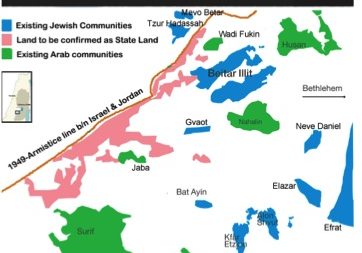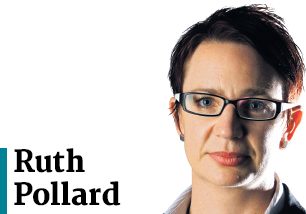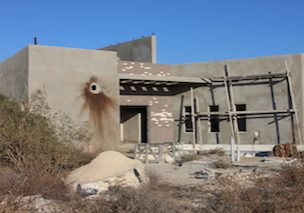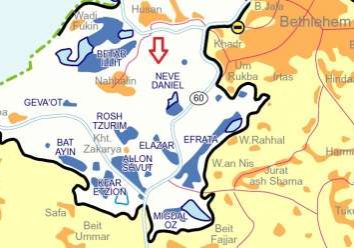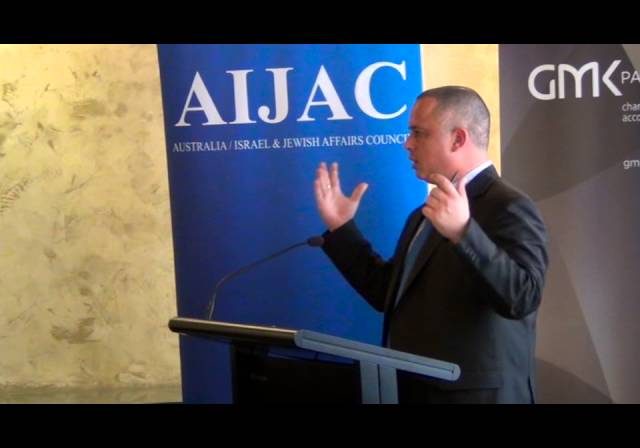
Video: Israeli Labor’s Hilik Bar MK on settlements
September 12, 2014
Hilik Bar MK of the Israeli Labor Party explains why settlements are not such a barrier to a two-state resolution.
He spoke to an AIJAC luncheon briefing in Melbourne on 5 September 2014, courtesy of the Australia Israel Labor Dialogue.
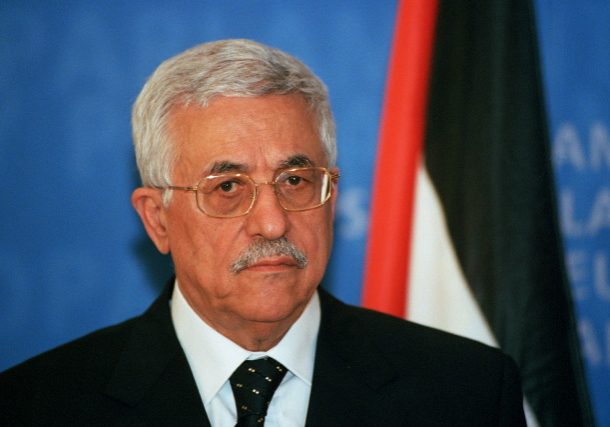
Abbas’ new “peace plan”
September 12, 2014
Last weekend, at a closed session of the Arab League Summit in Turkey, Palestinian Authority (PA) President Mahmoud Abbas reportedly announced his plan to move ahead with peace process with Israel, and had it endorsed by the Arab League. While the details have not been publicly announced, they have been leaked in various news reports and reportedly entail a plan that the UN Security Council would make Israel withdraw to the pre-1967 boundaries within three years – or else Israel would be brought before the International Criminal Court and security cooperation with the Palestinians ended – if agreement on a final peace is not reached between the parties during a nine-month negotiating process. The plan has reportedly been rejected by the US Administration. This Update deals with the difficulties of this plan, and the wider problem of Israeli-Palestinian peace making after the Gaza conflict.
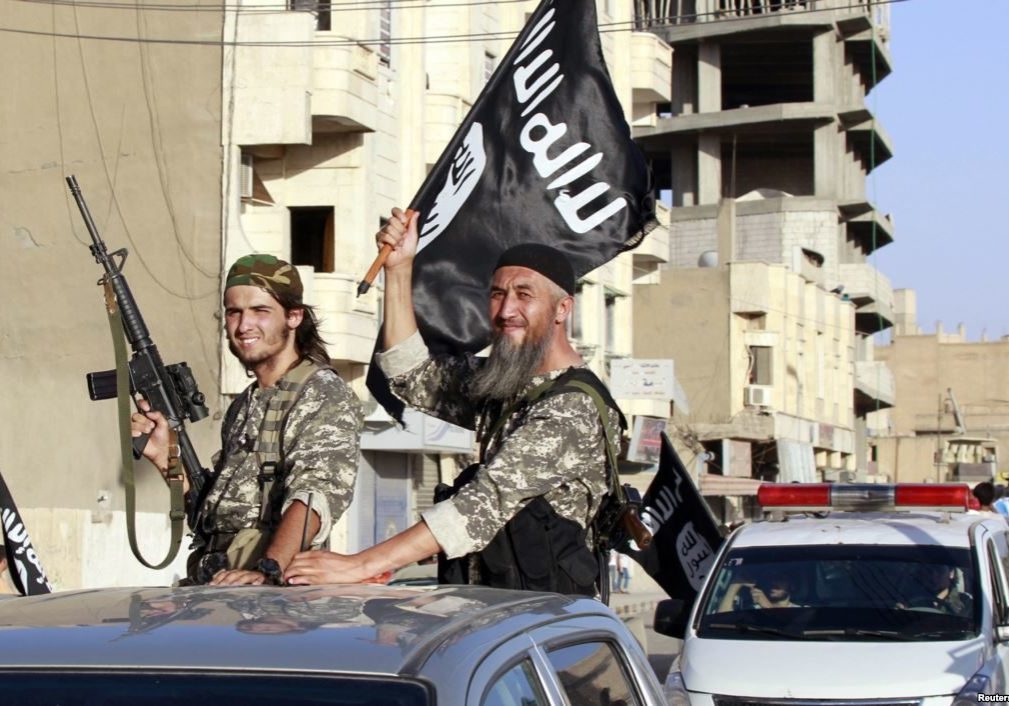
Strategies for dealing with ISIS
September 10, 2014
With US President Obama scheduled to make a speech overnight detailing his strategy for dealing with the spread of ISIS (the Islamic State in Syria and Iraq) – and having recently signed up some Middle Eastern and Western allies – this Update is devoted to expert advice about what a successful strategy for dealing with this problem from the US and its allies might look like.
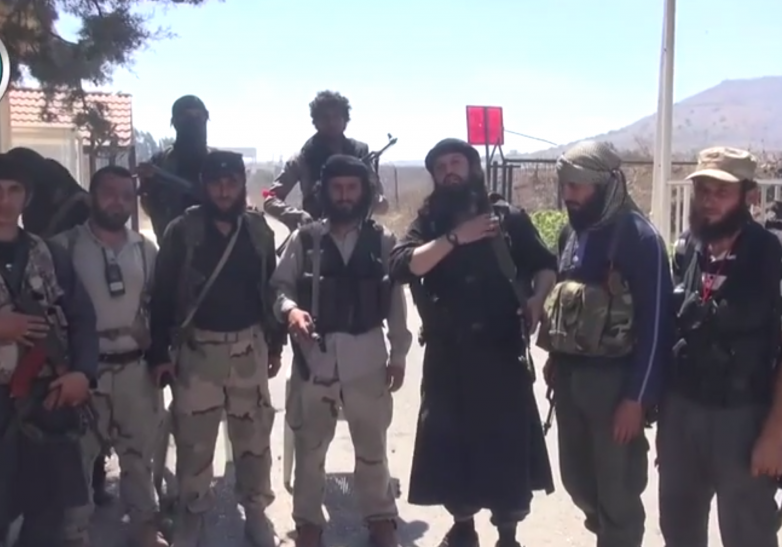
Israel’s Post-Gaza War Debate/ New Golan Threat
September 5, 2014
This Update features some comment from Israel from the intense debate currently swirling there about the outcome of the Gaza war. It also includes some new analysis of the strategic implications of the fact that the al-Qaeda-linked group, the al-Nusra Front, now controls Israel’s Golan border with Syria, and has kidnapped or chased off the UN peacekeepers there.

